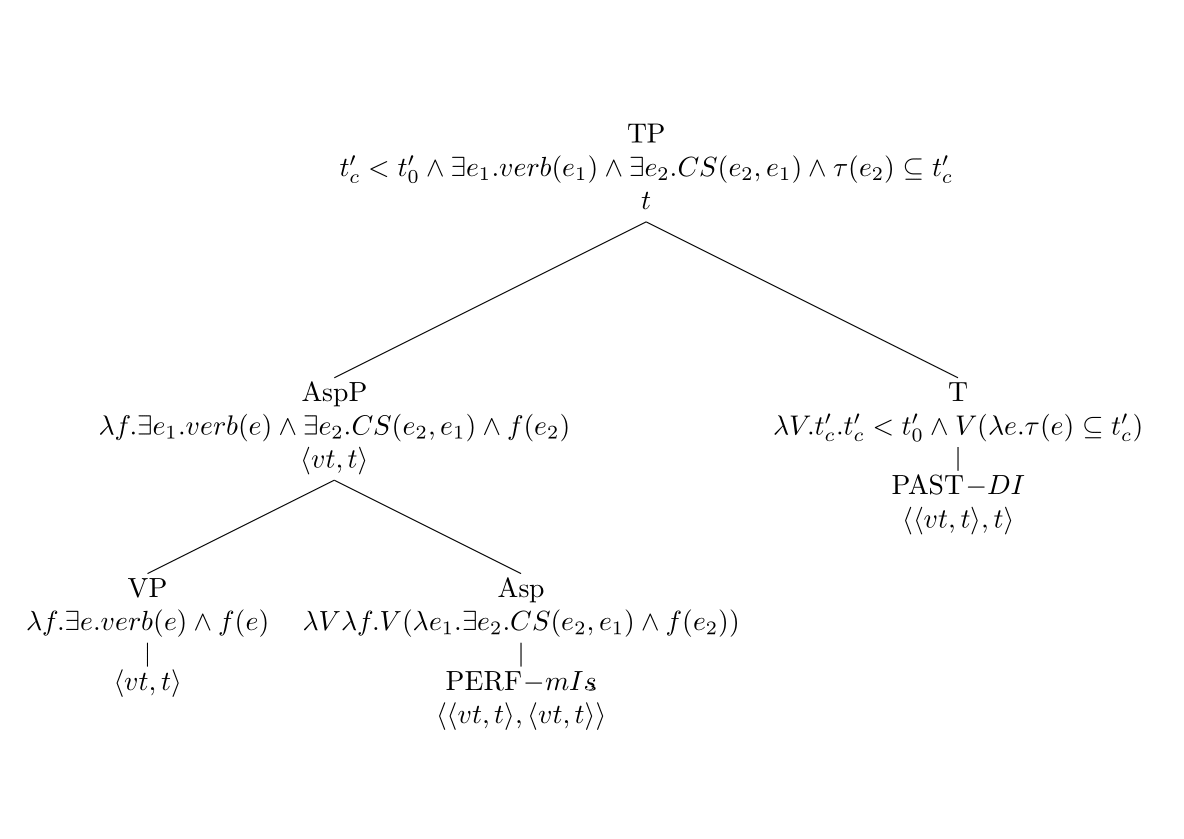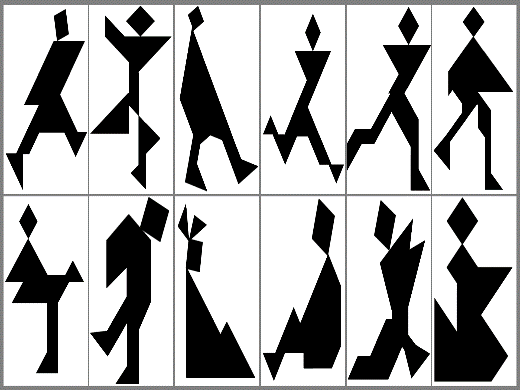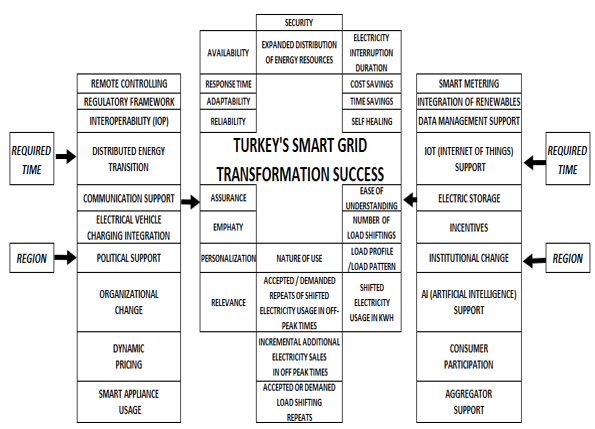Mehmet Ali Akyol, Advanced Land Use Mix Analysis in Urban Areas Using Point-Based Data: Methods and Applications
This thesis introduces advanced methodologies for Land Use Mix (LUM) analysis in urban planning, GIS research, and disaster risk assessment. It addresses limitations in traditional approaches by leveraging point-based geospatial data and develops an open-source Python package, landusemix, for scalable and adaptable LUM calculation. The research extends LUM analysis to evaluate temporal variations in urban vulnerability, particularly concerning earthquake risk, offering insights for time-sensitive urban planning. This work enhances sustainable, resilient, and livable cities through innovative tools and approaches in urban studies.
Date: 03.09.2024 / 17:00 Place: B-116









